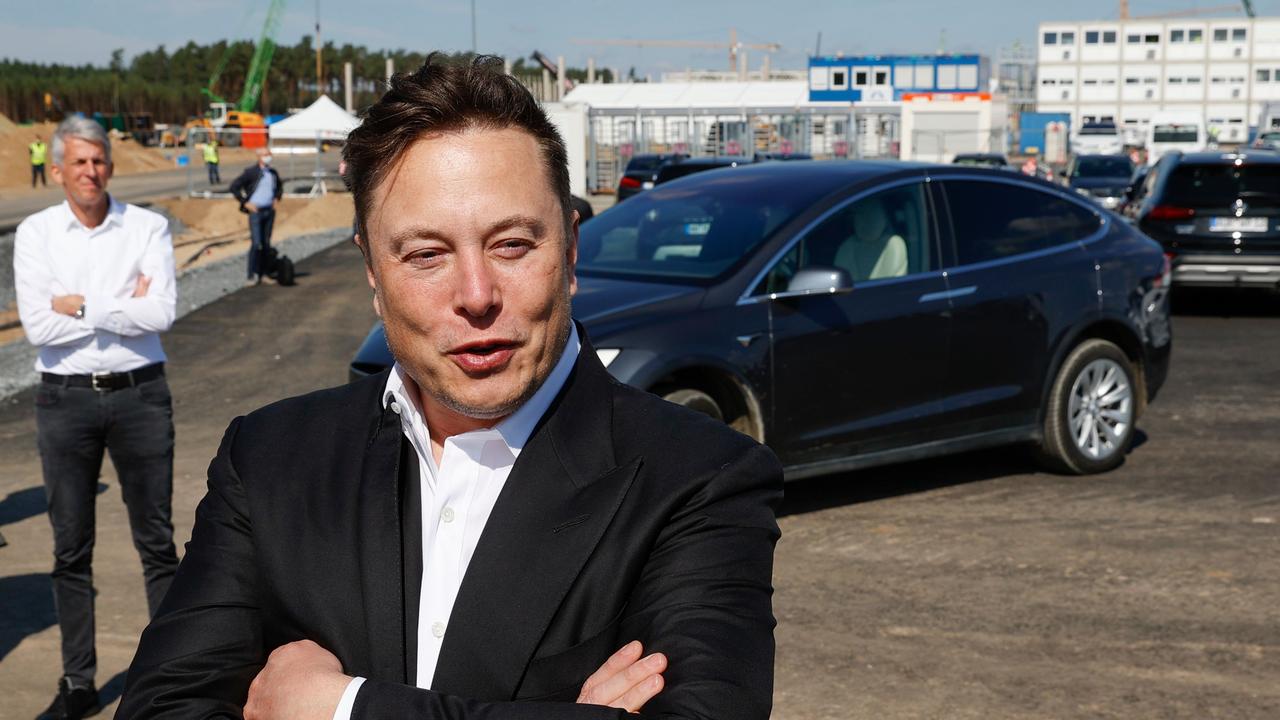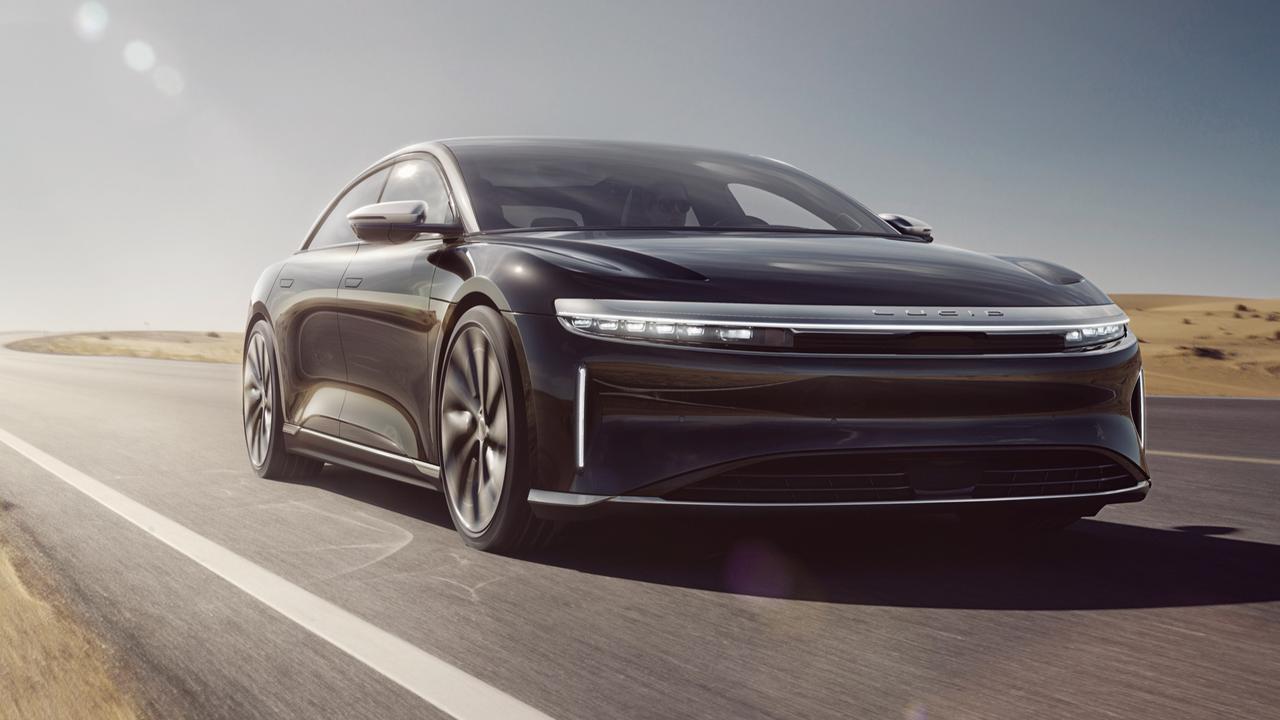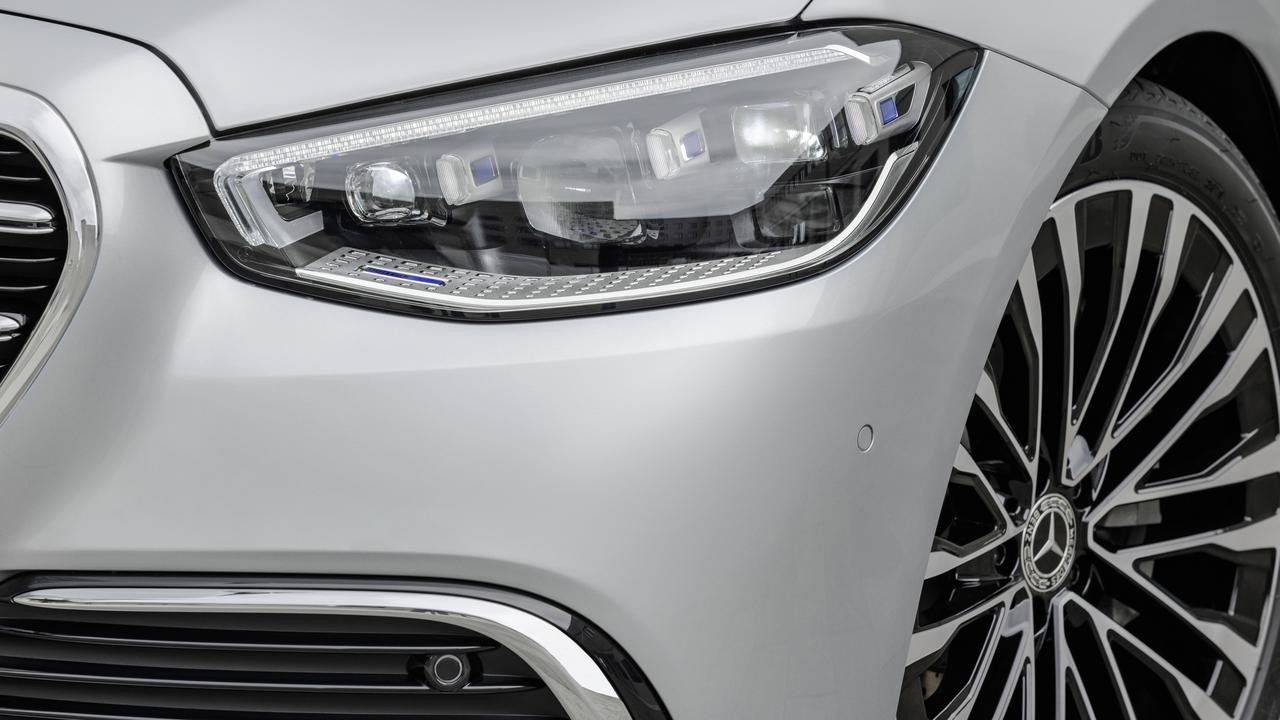Uber, Nvidia pump the brakes on self-driving vehicle testing
IT WAS supposed to be the technological innovation set to change the way we live but some of the major players have run into roadblocks.
IT’S the approaching innovation that is expected to unlock huge potential and revolutionise our society, but big tech is pumping the brakes on self-driving cars for the moment.
Some of the most heavily invested companies in the autonomous vehicle race have pulled back on the pursuit. It comes after a pedestrian was struck and killed by one of Uber’s self-driving test vehicles in the US earlier this month.
“We’ve pulled all our vehicles off the road in the US and we’re co-operating with the investigation that’s going on there,” Uber’s head of cities for Australia and New Zealand told news.com.au.
“The (autonomous driving) technology is still in its infancy, it’s still being developed and it’s developing quite quickly. But the other thing I would add is the future landscape of what transport looks like with autonomous vehicles is still such an unknown and it’s still a guessing game as to what that looks like.”
Mr Greenacre said Uber “currently has no plans to launch autonomous vehicles here in Australia”.
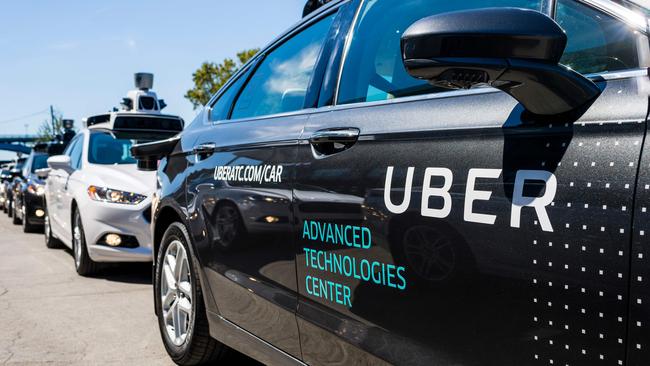
FALLOUT FROM UBER DEATH
On the night of March 18 an Uber autonomous Volvo SUV struck and killed 49-year-old Elaine Herzberg, who was walking a bicycle across a darkened boulevard near Phoenix. Experts say the laser and radar sensors should have spotted the woman and the vehicle should have stopped.
Dash camera video released by police showed the car’s human backup driver appeared to be looking down before the crash and had a stunned look when it happened.
Immediately after the crash Uber voluntarily suspended its autonomous vehicle testing in Arizona, as well as California, Pittsburgh and Toronto.
For the time being, the company has decided to stop testing autonomous vehicles on California public roads by letting its state permit expire this weekend without renewing it.
Uber said in a statement that it decided not to reapply for the California permit “with the understanding that our self-driving vehicles would not operate in the state in the immediate future.”
IT’S NOT JUST UBER
Chipmaker Nvidia Corp said on Tuesday it has suspended self-driving tests across the globe following Uber’s accident.
Nvidia leads the autonomous industry with its artificial intelligence platform and has partnered with major global automakers such as Volkswagen, Tesla and Audi. Uber is also one of Nvidia’s partners and uses some of its self-driving technology.
“Nvidia has no choice but to take steps in the context of the fear, uncertainty and outrage likely to be stimulated by a robot car killing a human being,” Roger Lanctot, an automotive technology analyst with Strategy Analytics, wrote in a blog post on Tuesday.
Nvidia’s shares closed down nearly 8 per cent following the news, wiping out more than $13 billion in market value from the company.
Nvidia reportedly suspends self-driving testing, shares down -3.4% on the news $NVDA pic.twitter.com/gsi4rbmwrf
— Seana Smith (@SeanaNSmith) March 27, 2018
Tesla’s value also took a hit this week after authorities announced an investigation into a fatal Tesla crash last week in California even though it was “unclear if automated control system was active at time of crash.”
Tesla shares are getting obliterated. https://t.co/aUKV6Ma3vr pic.twitter.com/DK7uL5Z0Uo
— Joe Weisenthal (@TheStalwart) March 27, 2018
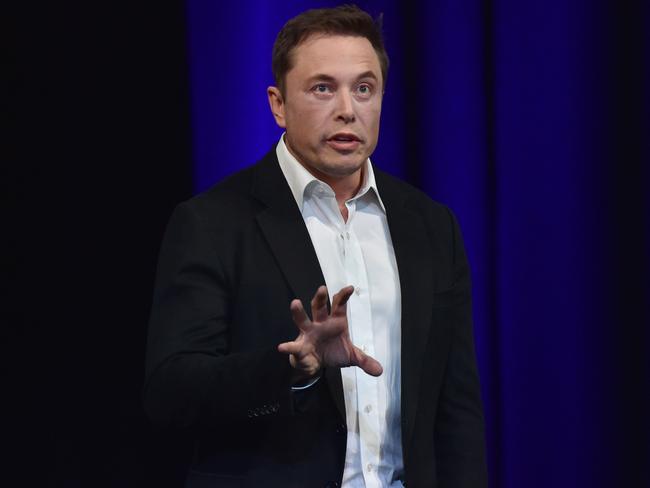
WAYMO ACCELERATES
Meanwhile, industry leader Waymo — owned by Google’s parent company, Alphabet — is looking to step up its self driving fleet.
Waymo chief executive John Krafcik claimed the recent Uber accident would not have occurred with his company’s technology.
“At Waymo, we have a lot of confidence that our technology would be able to handle a situation like that,” he told a car dealership conference in Las Vegas over the weekend.
Mr Krafcik said Waymo’s vehicles had clocked more than eight million kilometres on routes frequented by pedestrians since 2009 without being involved in a fatal accident.
Waymo early this year announced it was ordering “thousands” of mini-vans from Fiat Chrysler to expand its self-driving taxi program, which is launching this year in Phoenix, Arizona.

